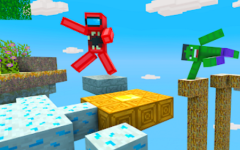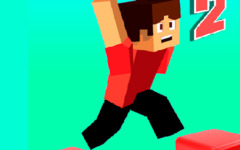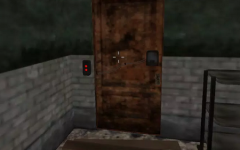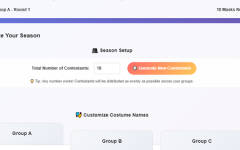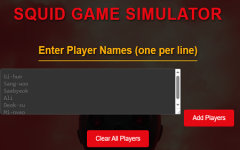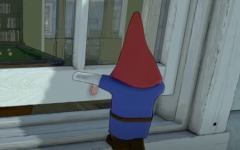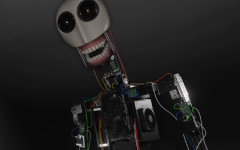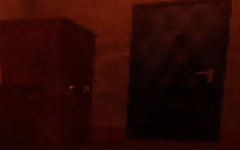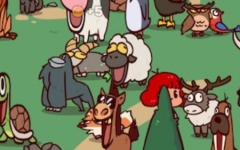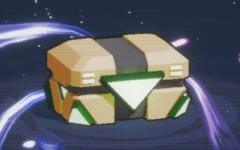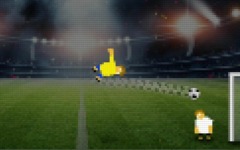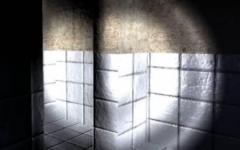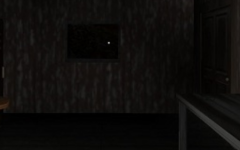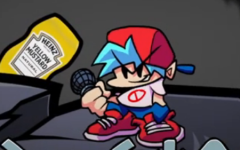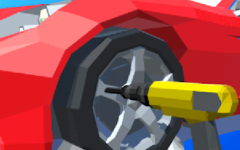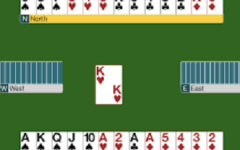Advertisement
Clasherdle
Advertisement
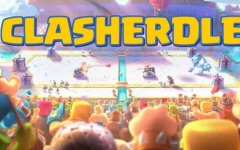
Clasherdle is a reasoning puzzle that transforms cards from Clash Royale and Clash of Clans into the foundation of a guessing challenge. The aim is to identify a secret card chosen by the system through a process of deduction. Each attempt gives structured feedback that compares your guessed card to the hidden one based on specific data — including elixir cost, rarity, type, and attack behavior. By analyzing these hints, the player refines their understanding step by step until the only logical answer remains.
Core Gameplay Process
Each round of Clasherdle begins with one mystery card. The player inputs their first guess, and the system responds with factual differences and similarities. For example, it might indicate that the hidden card costs more elixir, belongs to a different rarity, or functions as a spell instead of a troop. This feedback transforms each turn into an analytical decision, where progress depends on the ability to connect and interpret limited data. The round continues until the correct card is identified or the maximum number of guesses is reached.
Deductive Thinking And Planning
Clasherdle is built on structured reasoning rather than memorization. Each clue adds a layer of logic that must be organized and tested against previous feedback. The player must interpret what each new hint implies, forming a chain of reasoning that eliminates contradictions. Over multiple rounds, this process improves familiarity with the cards and the player’s ability to think systematically.
A logical deduction process can include:
- Starting with a mid-level card to collect balanced feedback
- Comparing elixir values to define a potential range
- Sorting remaining cards by rarity and type
- Removing cards that conflict with two or more clues
- Confirming the result by testing consistent attributes
This structured sequence converts random guessing into a focused reasoning system.
Game Formats And Difficulty
Clasherdle is available in two main modes. The daily version presents one shared puzzle that resets every 24 hours, allowing players to compare results. The unlimited version offers continuous play for unlimited deduction sessions. Some versions also include visual feedback indicators, alternative card sets, or simplified modes where fewer traits are compared. These variations change the pace of analysis but preserve the same logic-based gameplay structure.





















































































































